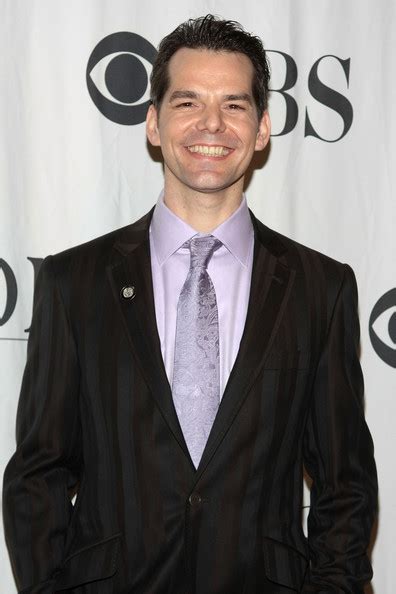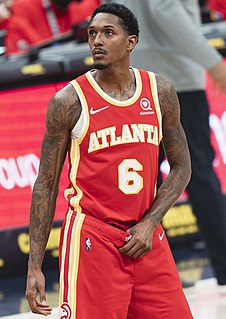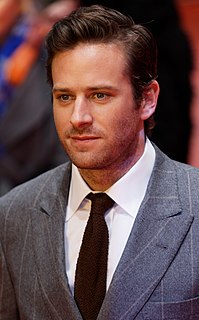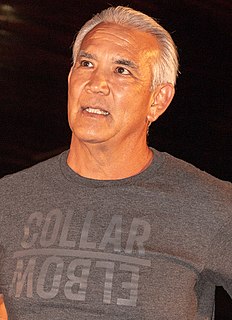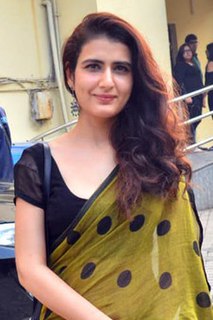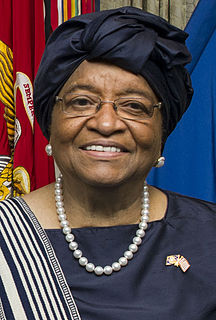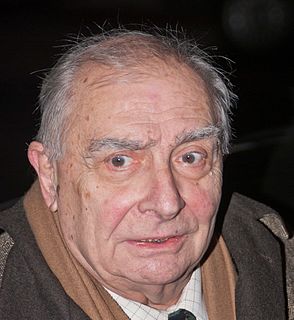A Quote by J. Robert Spencer
The cinematography is as much involved with the physicality of the scene, so a lot of our shots are hand-held. I felt the cinematographer needed to be the fourth-character with the same drive as the actors
Related Quotes
We used hand-held cameras 50 years ago. It wasn't something new. Sometimes we used a tripod, or we'd have a tracking shot, and sometimes - like when a character was being chased - we used a hand-held camera because it was right for the scene. In those cases, it helped the mood; it created immediacy and a feeling for the viewer that they were in the scene and in the moment.
I don't want to take shots at professional actors, because obviously the great ones are great. But I do think that given the kind of stories I've been telling in my films, it's hard for me to imagine how professional actors would have done better. And it's easy for me to imagine how they would have done worse. Because I think a lot of what an actor is trained to do and a lot of what an actor's instincts point toward is clarification, is always making it clear what's happening in the story, how the character fits into the scene, what the character wants.
I have about as much control over how I look as the guy who's short and looks more like a character actor - we both have the same drive to be actors and we both have the same drive to assume these different characters, it's just harder for me to get the chance because they look at me and say, 'Oh, he's this type,' and they stamp me.
I don't need to go over a fight scene a million times. I got it. It comes very naturally to me to do that. And our industry is a little more physical than I think some people know, with regard to how much contact is made between WWE Superstars when we're wrestling a match. Whereas on set, sometimes actors aren't familiar with that sort of physicality.
The actor has to have some degree of craft, along with the talent. No one tries to laugh except bad actors. No one tries to cry except bad actors. How a character hides his feelings tells us who he is. Most people don't know that, and most actors don't do that. Therefore, there are a lot of actors who put me to sleep, that are considered good actors, but they're predictable and boring. I know how the scene is going to end before it ends.
